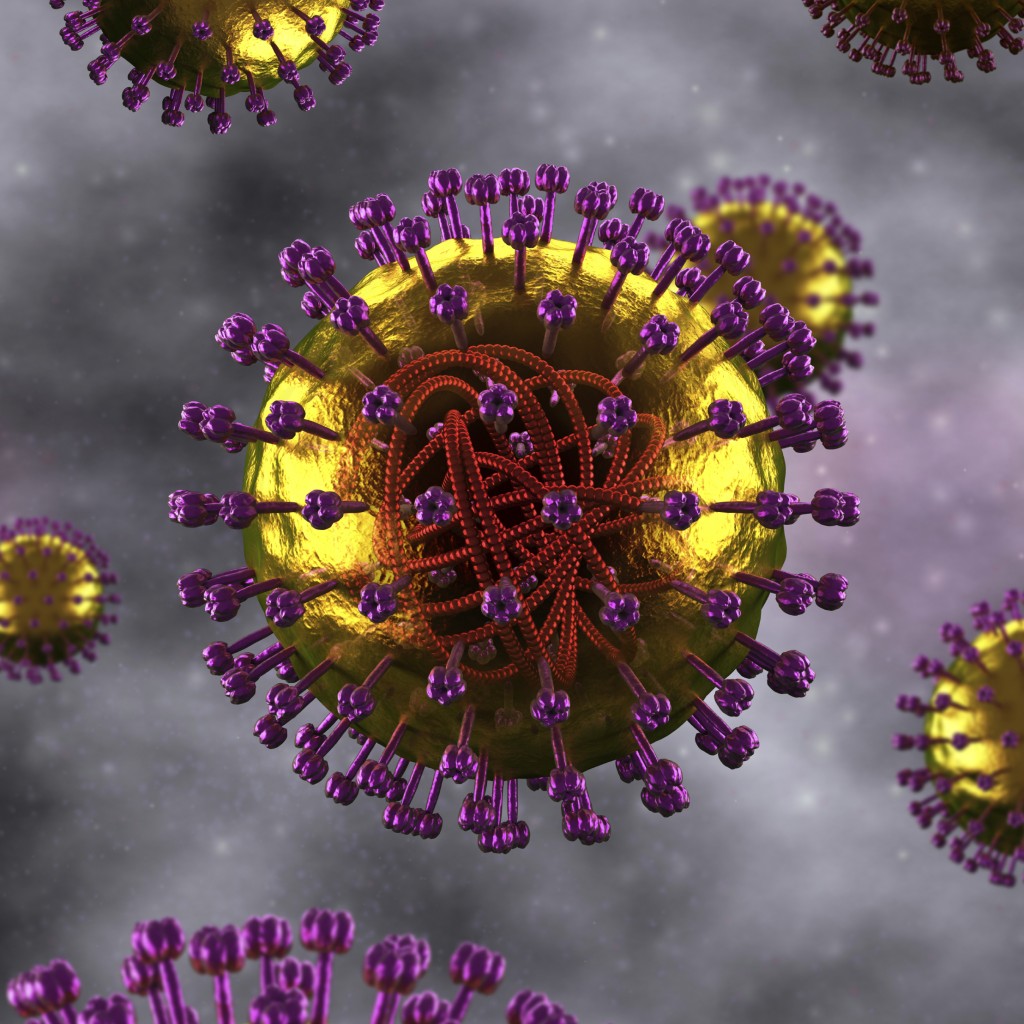 With all of the media coverage regarding measles, it’s not a surprise that the CDC recently issued a health advisory on the outbreak. Although the measles virus was eliminated from the United States in 2000, it’s now making quite a comeback. Measles is brought to the country by travelers who have not received proper vaccinations; and, according to the WHO, it’s one of the most infectious diseases currently known. Stay safe and informed with this list of commonly asked questions we hear from travelers, including advice for preventing measles.
With all of the media coverage regarding measles, it’s not a surprise that the CDC recently issued a health advisory on the outbreak. Although the measles virus was eliminated from the United States in 2000, it’s now making quite a comeback. Measles is brought to the country by travelers who have not received proper vaccinations; and, according to the WHO, it’s one of the most infectious diseases currently known. Stay safe and informed with this list of commonly asked questions we hear from travelers, including advice for preventing measles.
What is measles and how is it transmitted?
Measles is a viral disease that is transferred by bodily fluids. It can be spread by coughing or sneezing. The virus can live in the air or on a surface for several hours after an infected person has vacated the room.
What are the symptoms of measles?
- High Fever
- Cough
- Runny Nose
- Bloodshot Eyes
- White Spots on the Inside of the Mouth
As symptoms progress, a rash will develop on the face, neck, hands and entire body. Symptoms begin about seven to fourteen days after contact with the virus.
Is measles contagious?
Measles is a highly contagious virus that spreads rapidly amongst those who have not received the measles vaccine. The virus can be contagious before any symptoms are present.
Who is at risk?
Anyone who has not received the measles vaccine or anyone who received the vaccine, but did not develop immunity to the disease. While the disease in common in Africa and Asia, recent outbreaks have occurred in the United States.
How is measles treated?
There is no specific treatment at this time. The disease is most commonly treated with fluids, vitamin supplements and rest. Many patients improve after a few weeks.
Can measles be prevented?
According to the CDC, the measles vaccine is 93% effective at preventing measles. If administered a second dose of the vaccine, the vaccine is 97% effective. The MMR vaccine, which protects against measles, mumps and rubella, is currently recommended for children age twelve through fifteen months. The second dose is administered between age four and six. Adults who did not receive the vaccine as a child can receive the vaccine at any time.
Note: If you were born before 1957, you are immune to measles and do not require a vaccine.
How much does the vaccine cost?
Most insurance plans cover the cost of routine vaccines, but you should check with your insurance provider before getting vaccinated. If you do not have insurance or if vaccinations are not covered, help is available.
Are there any side effects to the vaccine?
Like any vaccine, there is a risk for potential side effects. The most common are a mild rash, fever and swelling. Severe problems are unlikely and the CDC advises that receiving the vaccine is safer than suffering from a case of measles.
Can I still become infected if I receive the vaccine?
In rare cases, you can still become infected with the measles even with both doses of the vaccine. However, if you’re fully vaccinated and become infected, chances are slim that you’ll have a severe case of the illness—or spread the disease to others.
Is the virus fatal?
Measles can cause serious complications and in some cases can be fatal. It is considered to be the deadliest rash or fever illness among children.
How can I protect myself from getting the measles while traveling?
Be prepared! Visit your doctor before you leave and talk to him/her regarding your travel plans and medical concerns. If you haven’t been vaccinated and you and your doctor decide you should be, remember it requires two doses (separated by 28 days) so don’t wait until last minute. For more information on the vaccine and what you need to do to before your trip, visit the CDC’s website.
If you begin to experience any symptoms of the measles while traveling, it’s important to seek medical care as soon as possible. Our members have access to worldwide medical referrals and our 24-hour nurse helpline.
Safe Travels!


